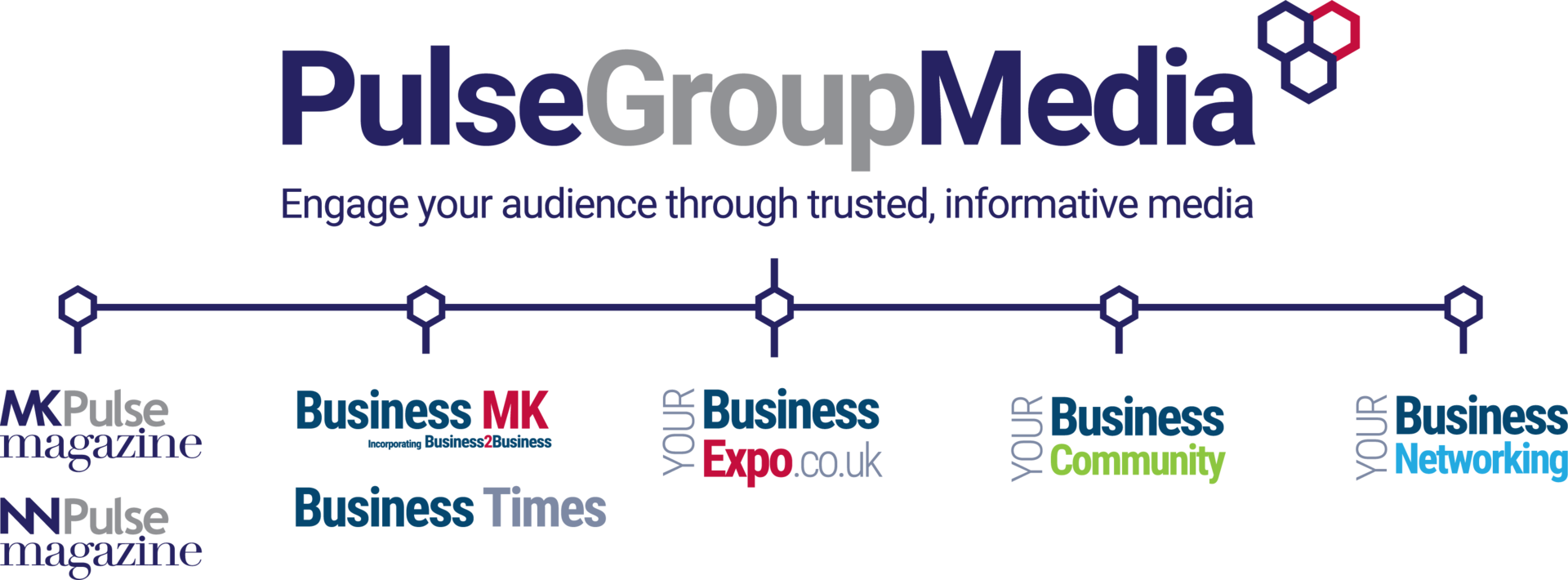How to write a marketing plan for your small business
Posted on 26th October 2022
Your marketing plan is a road map for your business. You can use it to organise, implement, and track your strategy for sales and business growth for one, two or three years at a time.
Writing a marketing plan will make sure your ideas are clear and well structured so that everyone in your team can understand what you’re aiming to achieve. More importantly, it will include targets and measurements so that you can keep track of your progress. It’s also a learning process, so you can discover what works best for your business.
Marketing strategy vs. marketing plan
Your marketing strategy provides a framework that will make sure your marketing plan is consistent and will help you to achieve your aims.
Your marketing plan will include your key campaigns, content, channels, and marketing tools along with measurements and milestones.
For example, if you’re launching a new product you will want to drive sales, but you’ll also want to explain to your existing customers how the new item fits with your current product range.
How to write your marketing plan
Define your mission – you might have started your business so you could become the best local provider of your product or service. Your mission will explain how you’re going to achieve that aim and what is unique about the way you will do it. You might, for example, make it your mission to provide the best customer service through communication, quality and support.
Set your key performance indicators – you will want to back up your mission with real measurable results. These will include your customer’s overall ratings for the quality of service you provide, but you will want to dig deeper. You might set goals for communication at each stage of their journey with you, quality might be measured through a follow-up call or survey and support might be reviewed after each service call. Once you have some baseline figures you can set targets for improvement which you can then share with your customers.
Understand your customers – you don’t need to sell to everyone, so it’s important to have a clear idea of who your ideal customers will be. These are sometimes called ‘personas’ which might describe age, gender, location, family, and job. You could create several personas for your current and potential customers.
Study your competition – every business has something unique to offer. By studying your competitors, you will have a much clearer idea of how your unique approach will stand out from the crowd. You can also observe much bigger companies in your market sector to understand the benefits they offer and their weaknesses.
Plan your channels and content – there are so many communication channels to choose from including your website, social media, online and printed publications. Based on your goals and ideal customers you will need to choose the best way to share your marketing messages about how you solve people’s problems. You might write blogs and share them across social media or you might choose online and offline advertising.
Set a marketing budget – while there are free opportunities to reach your audience such as local community social media pages you might be prevented from actively selling via these channels. To have control over your channels and your results, you will need to spend some money. Look at it as an investment rather than a cost and set realistic targets for the results you expect. For example, you might set a budget of £1,000 but if you win a £10,000 order as a result of your marketing you will probably be happy.
Take responsibility – you can’t necessarily release your marketing plan into the wild and expect it to thrive. You will need to schedule activities, measure results, and make sure anyone who is expected to contribute knows what they should do and when.
Please get in touch if you would like to discuss how printed advertising will fit into your marketing plan.
Share this post:






